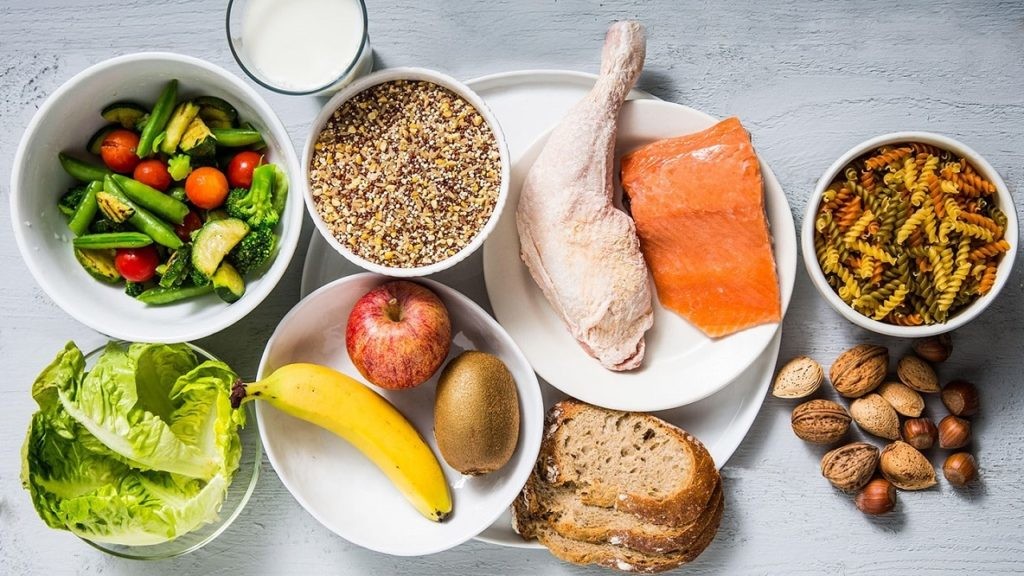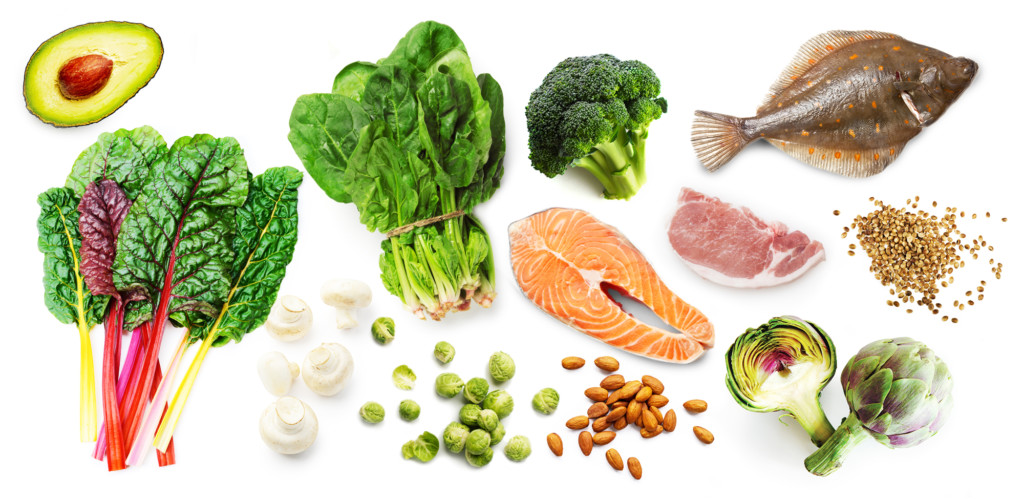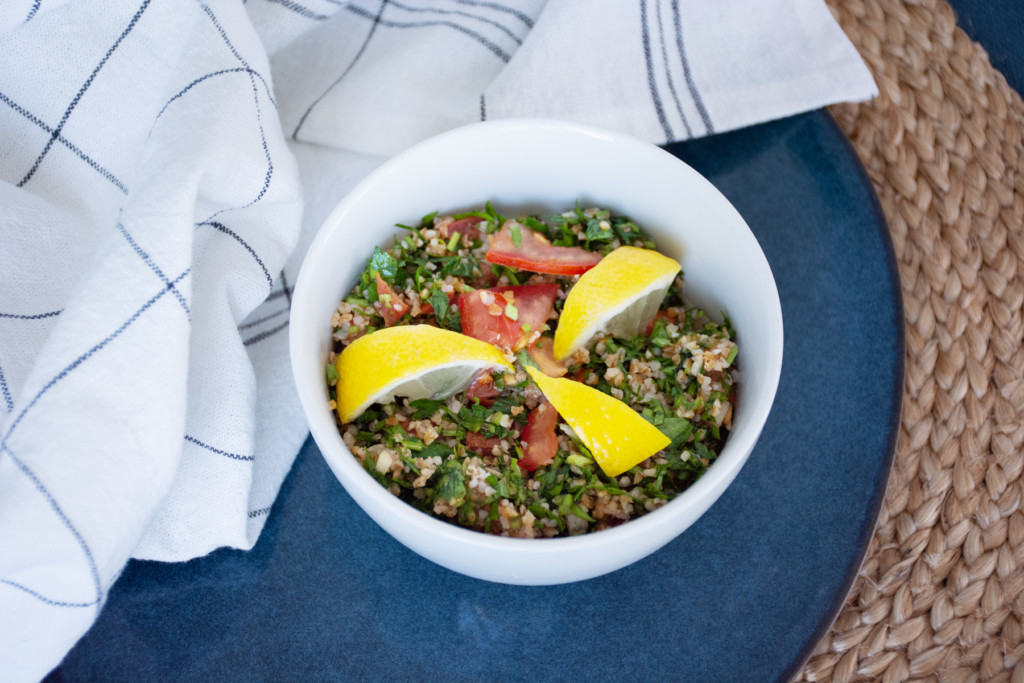Just like the sodium and the magnesiumthe potassium – whose benefits and importance we described in the theoretical chapter dedicated to it. - is one of the three minerals that should not be underestimated in the ketogenic or simply low to moderate in carbohydrates.
Table of contents
HideIn fact, this electrolyte (K+) affects a plethora of nerve transmissions and the balance of intracellular fluid. Let's take a look at why and how to manage this absolutely central issue in the case of a diet rich in fiberlow in carbohydrates and high in fat!
What accounts for potassium deficiency on a keto or low-carb diet?
Why on earth does the organism have lack of potassium as part of a ketogenic diet? Because in ketosisThe body tends to lose a lot of water.
In fact, this is one of the tricks of the trade when starting a ketogenic diet: the significant weight loss at the beginning of the ketogenic diet is largely linked to a loss of water and glycogen, before the body finally attacks the reserves of fats stored in the body.

When water is lost, the body reacts by reabsorbing sodium, and by excreting more potassium in the urineto maintain biochemical balance.
This content is part of the guide Blooness, the guide to the ideal human diet, the summary of which you can find here 🌱🥑
You'll need to compensate for this loss of potassium through your diet. Especially as this mineral is very important for the body.
The role of potassium in the body
As we saw in the general chapter on potassiumIn combination with sodium, it influences many of the body's functions. Here's a quick overview.
Nerve transmission
While sodium acts on the outside of cells, potassium acts on the inside. Its action guarantees nerve transmissions to muscles, which can then contract. If potassium levels are too low, the ability to generate nerve impulses is affected.
Muscle contraction
As we've just seen, low potassium levels can impair the body's ability to generate nerve impulses. One of the consequences will be difficulty for the body to regulate muscle contraction, leading to muscle breakdown. When it comes to sports, potassium deficiency can be counterproductive..
Potassium and cardiovascular health
Potassium is involved not only in muscle contraction, but also in the following especially in the heart. Potassium deficiency, or excess, affects heart rate and the heart's ability to supply blood to the brain, muscles and organs.
Symptoms of potassium deficiency
As with sodium deficiency, with which potassium is closely related, potassium deficiency sometimes leads to the same kind of symptoms:
- Fatigue;
- muscle cramps;
- bloating, constipation, intestinal sluggishness and abdominal pain
What is the ideal potassium dosage?
The dosage recommended by the health authorities is around 4,700 mg per day.. However, the average potassium intake of Canadians and Americans is insufficient according to a studywhich estimated it at just 2,300 mg for women and 3,100 mg for men.

But be careful, this does not mean you should over-supplement.. Your blood potassium level must remain within a narrow range, and taking too much in concentrated form can be dangerous, especially if you are taking certain medications or have kidney disease.
It is therefore preferable that potassium is absorbed through food as much as possible.
Potassium-rich ketogenic and low-carb foods
In the potassium chapter the top potassium-rich foods. Now let's take a look at the following low-carb dietwhich foods compatible with such a diet could provide the famous 4.7g / day potassium.

Top 10 ketogenic or low-carb rich in potassium :
- Avocado: 1g potassium per 200g avocado.
- Cooked chard (or Swiss chard): 950mg potassium per 175g bunch.
- Cooked spinach: 840mg potassium per 180g bunch.
- Cooked mushrooms: 550mg of potassium per 150g of mushrooms.
- Brussels sprouts: 500mg of potassium per 160g of cabbage.
- Cooked broccoli : 460mg of potassium per 160g of broccoli.
- Salmon: 400mg per 100g.
- Mackerel: 350mg potassium per 100g.
- Artichokes: 345mg of potassium per average artichoke (121 grams).
- Parsley: 500mg per 100g -> you can use parsley in large quantities in Lebanese tabbouleh (cooked with little or no bulgur). Other aromatic herbs (basil, chervil, tarragon, etc.) are also rich in potassium, and should be eaten without moderation. In any case, they are blue-compatible.
Rehydration: a key element of the ketogenic diet
In the context of a low-carbohydrate diet, we saw earlier that the body tends to lose a lot of water, releasing potassium reserves in the process.
For this reason, not only should you not neglect potassium-rich foods to compensate for the loss, but you should also drink plenty of water. Ideally, at least 2 liters of water a day.
Finally, And don't forget to increase your sodium intake.which goes hand in hand with potassium, in the context of ketogenic diet compensation.
Conclusion
As you can see, when it comes to a low-carb diet, it's not complicated at all. aim for 4.7g / day of potassium intake. All you have to do is eat an avocado, buttered spinach or mushrooms, for example, as a lunchtime side dish, some salmon or mackerel with broccoli, and a Lebanese tabbouleh salad, for example, as a starter.
Coupled with high water consumption, and adjustment of sodium intakeThe symptoms of fatigue associated with carbohydrate reduction should not last, and your sodium/potassium balance should be more or less optimal.
Next chapter: Vitamin D in the ketogenic or LCHF diet (see the "Vitamin D" chapter in Volume 1 of Nutrition Basics)
Previous chapter: The importance of sodium in the ketogenic or LCHF diet
New: Blooness Accelerated Programs
For quick results if you are looking for
lose fat permanently,
maintain stable energy levels throughout the day,
and prevent chronic diseases.
Immediate access to the Premium Guide + all current and future programs
Limited founding rate – will soon increase to €97

